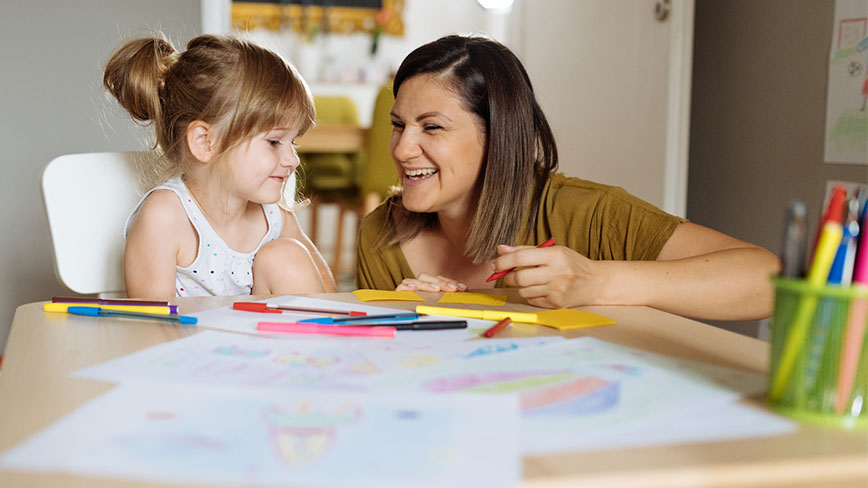Preschool education extends far beyond the traditional ABCs, embracing a rich tapestry of diverse approaches that cater to the unique needs and learning styles of young children. In recent years, educators and researchers have recognized the importance of moving beyond rote memorization to foster holistic development in preschoolers. One innovative approach gaining traction is play-based learning, where children engage in hands-on activities to enhance cognitive, social, and emotional skills. Through imaginative play, they develop problem-solving abilities, creativity, and emotional resilience, laying a solid foundation for future academic success. Another dynamic avenue in preschool education is the Reggio Emilia approach, which views children as competent and capable learners. This philosophy places a strong emphasis on the role of the environment in shaping a child’s learning experience. Classrooms are designed as inviting spaces that encourage exploration and collaboration, fostering a sense of community and curiosity. Teachers act as co-learners, guiding children’s inquiries and projects, promoting critical thinking and communication skills. The Reggio Emilia approach recognizes the significance of the arts, encouraging children to express themselves through various mediums, nurturing a lifelong appreciation for creativity.

In contrast, the Montessori Method focuses on fostering independence and self-directed learning. Founded on the belief that children possess an innate desire to explore and learn, Montessori classrooms are equipped with carefully designed materials that promote hands-on discovery. Teachers serve as guides, allowing children to choose activities based on their interests, nurturing a love for learning and self-discipline. This approach emphasizes the development of fine and gross motor skills, and practical life skills, preparing children for academic challenges and real-world responsibilities. In the realm of multicultural education, educators are increasingly incorporating diverse perspectives and materials into the preschool curriculum and Go to website. Recognizing the importance of cultural competency, this approach aims to create an inclusive learning environment that celebrates the uniqueness of each child. Exposure to a variety of cultures not only promotes a sense of belonging but also enhances empathy and understanding, preparing children to navigate an increasingly interconnected world.
Furthermore, technology is making its way into preschool classrooms, offering interactive and engaging learning experiences. Educational apps and digital tools are designed to supplement traditional methods, providing a multisensory approach to learning. While screen time must be monitored, thoughtfully integrated technology can enhance language development, numeracy skills, and problem solving abilities. In conclusion, preschool education has evolved far beyond the confines of basic alphabet and number lessons. The diverse approaches mentioned – play-based learning, the Reggio Emilia approach, Montessori Method, multicultural education, and technology integration – collectively contribute to a more holistic and individualized educational experience for young learners. By embracing these innovative methodologies, educators ensure that preschoolers not only acquire academic knowledge but also develop essential life skills that lay the groundwork for a lifetime of learning and success.